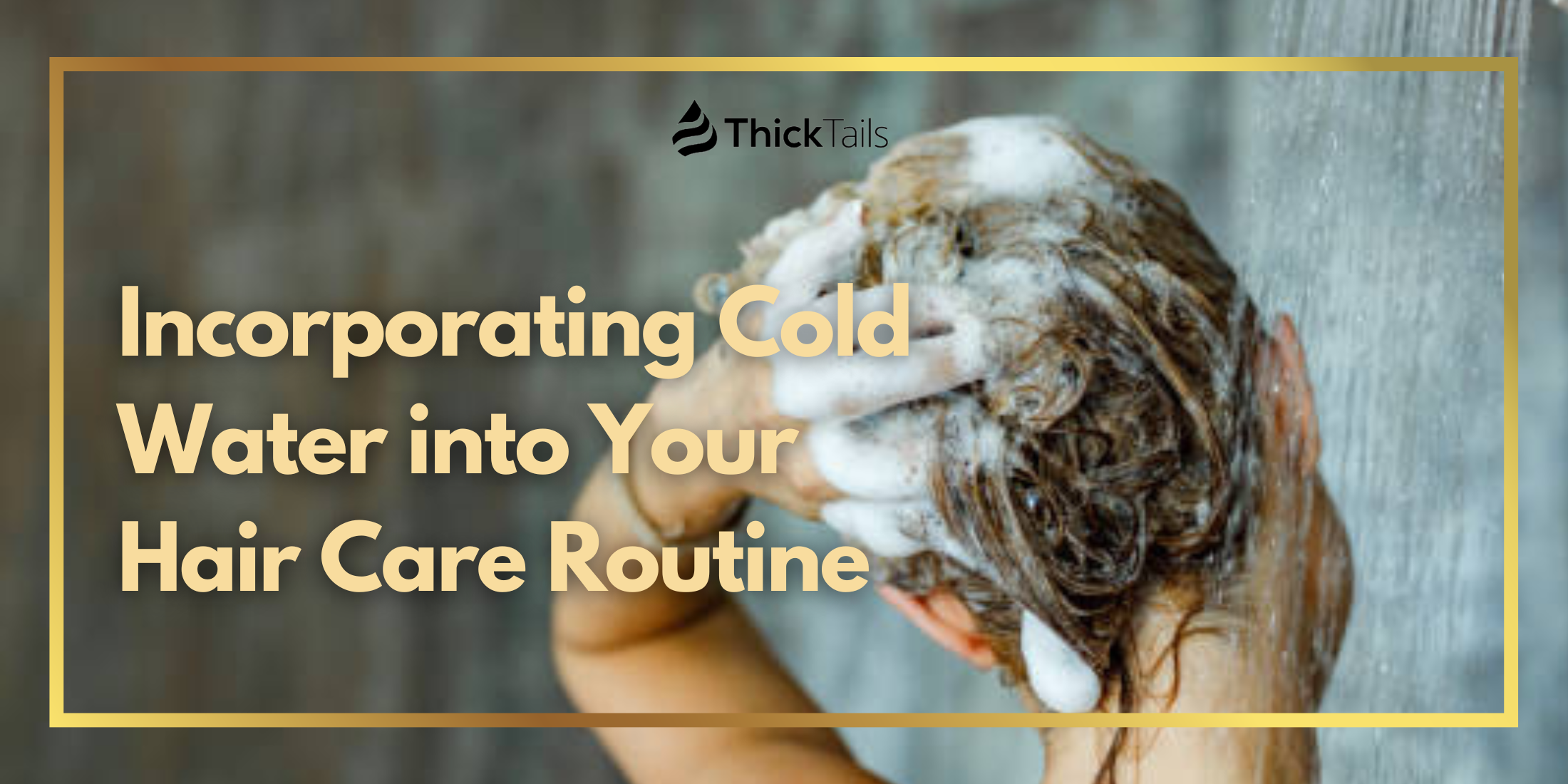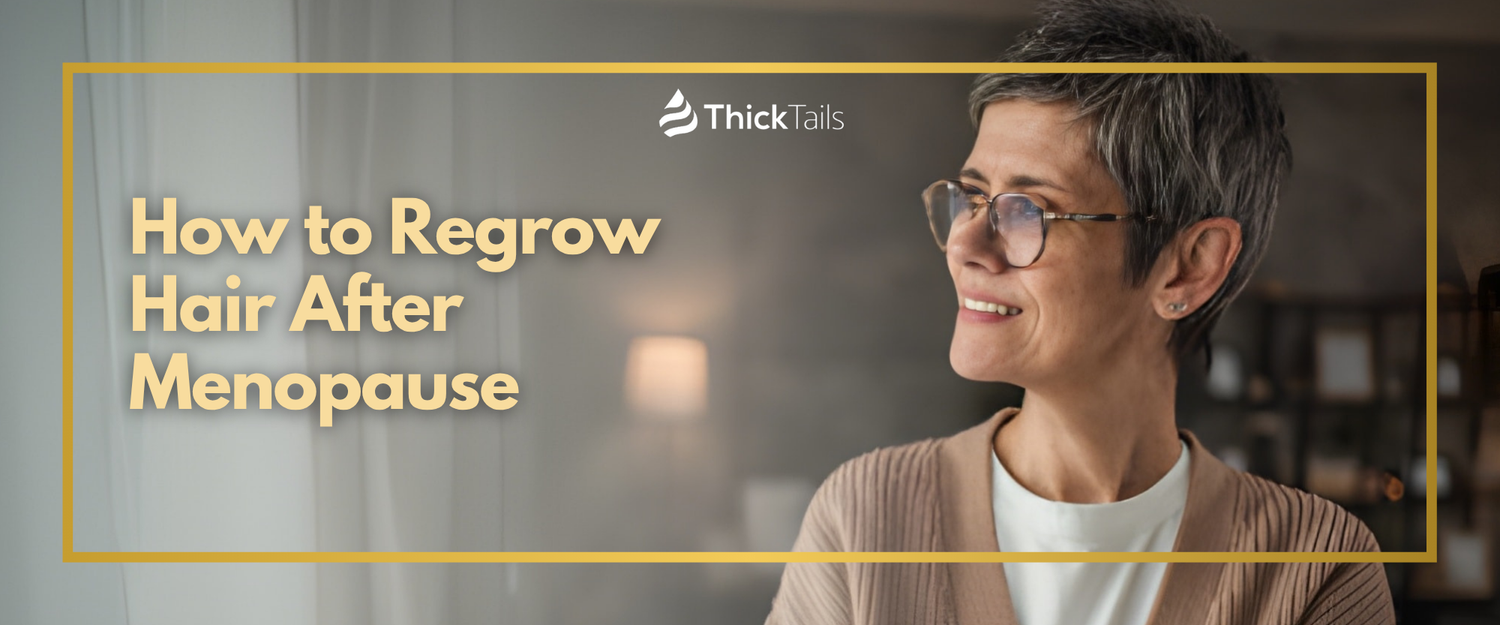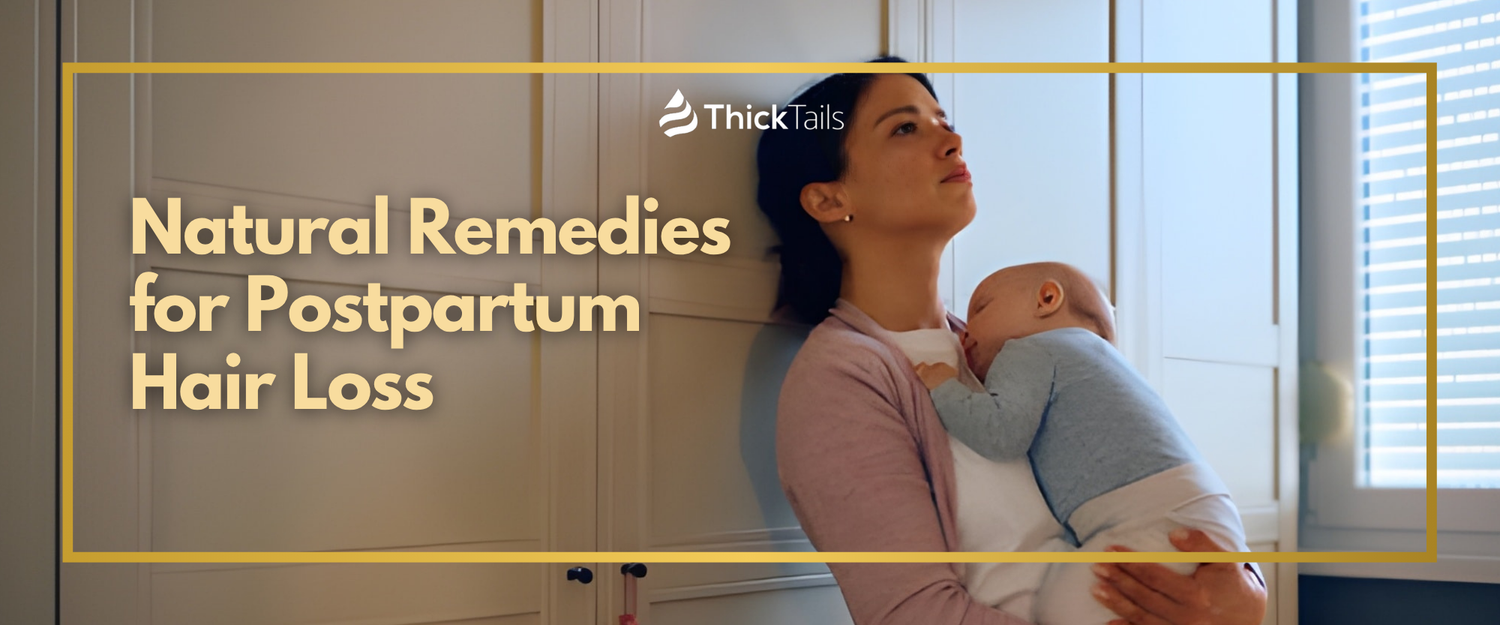As we navigate through the different seasons of life, our hair care routine may also need some adjusting. For women undergoing menopause or postpartum recovery, hormonal changes can greatly impact their hair and scalp health. Similarly, busy women dealing with high levels of stress may neglect proper self-care practices that are vital for maintaining luscious locks. Whatever stage of life you may be in, one simple addition to your hair care routine could make a world of difference – cold water! Yes, you read that right – incorporating cold water into your regular hair washing routine has numerous benefits that go beyond just a refreshing sensation. In this blog post, we will explore how cold water can benefit menopausal and postpartum women as well as stressed-out ladies looking to improve their overall well-being through simple yet effective self-care methods.
I. The Benefits of Cold Water for Hair Care

When it comes to hair care, there are numerous products and techniques that promise to transform your mane into a luxuriant cascade. But have you ever considered that one of the easiest and most cost-effective ways to achieve healthy, shiny locks might just be waiting for you in your own faucet? Cold water may not seem like a glamorous hair care ingredient, but it can provide a number of benefits that are worth noting. For one, cold water can help seal the hair cuticle, which can make your strands appear smoother and shinier. Additionally, cooler water temperatures can help prevent heat damage to your hair, which is especially important if you frequently use hot tools like blow dryers or straighteners. By giving your hair a rinse with cold water at the end of your shower, you might just be doing yourself and your locks a favor.
A. How Cold Water Helps Seal the Hair Cuticles: Improving Shine and Smoothness
Understanding how cold water helps seal the hair cuticles is an essential aspect of proper hair care. One of the most common ways to maintain healthy hair is by using shampoo and conditioner. While these products nourish and cleanse the hair and scalp, using warm or hot water can strip the hair's natural oils, leaving the cuticles vulnerable to damage. This damage can result in frizz, split ends, and hair breakage. Using a serum is another effective solution for keeping hair smooth and silky. However, applying a serum without sealing the cuticles may be ineffective. This is where using cold water comes in, as it helps seal the hair cuticles. This process helps lock in moisture, preventing frizz, and enhancing the hair's natural shine and texture. Incorporating cold water into your hair care routine can be an easy and effective way to keep your hair healthy and vibrant.
B. Stimulating Hair Growth: Cold Water's Effect on Scalp Circulation and Hair Follicles
Have you ever considered the temperature of the water you use to wash your hair? While hot showers may feel relaxing, cold water could actually benefit your hair's growth and health. Studies have shown that cold water can stimulate circulation in the scalp and hair follicles, increasing their nourishment and promoting hair growth. Incorporating a cold rinse into your hair care routine, alongside your shampoo and conditioner and maybe even a serum, could result in thicker and healthier hair over time. So next time you hit the shower, consider turning down the temperature for the sake of your locks.
C. Reducing Frizz and Hair Damage: Cold Water's Impact on Hair Texture and Strength
For those of us who want to keep our hair looking healthy and strong, reducing frizz and minimizing damage are two key concerns. It turns out that using cold water to wash your hair can offer some surprising benefits in this regard. While nobody relishes the idea of shivering in the shower, applying cold water to your hair can help to seal the hair cuticle and reduce frizz, helping it to look smoother and more manageable. Plus, using colder water can help to preserve your hair's natural oils and avoid stripping it of necessary moisture, both of which can contribute to damage over time. In essence, incorporating cold water into your haircare routine may be a simple but effective way to promote stronger, healthier hair in the long term.
II. Incorporating Cold Water into Your Hair Care Routine
Cold water can prove to be just the refreshing touch your hair care routine needs. By incorporating cold water into your routine, you can benefit your hair in various ways. Cold water helps seal the cuticles of your hair, ultimately making it look shinier and healthier. While you wash your hair with your regular shampoo and conditioner, rinse with cold water for that added shine. Additionally, applying a serum to damp hair after a cold water rinse can lock in moisture, preventing breakage and damage. Keep in mind that using cold water does not replace the use of hair products, but rather it complements the use of hair care products to enhance its effectiveness. Try incorporating this simple step into your hair care routine and enjoy the lustrous results.
A. Cold Water Rinses: How and When to Use Them for Maximum Benefits
Proper hair care is essential for maintaining healthy locks, and one often overlooked step in a hair care routine is the cold water rinse. Cold water rinses offer a variety of benefits that can improve the overall health and appearance of your hair. They can help to seal the cuticles of the hair, reducing frizz and creating a sleeker appearance. Additionally, a cold water rinse can help to improve the effectiveness of any hair care products used, such as shampoo and conditioner or serum, by helping to lock in the nutrients and moisture. Incorporating a cold water rinse into your hair care routine is a simple and effective step that can result in maximum benefits for your hair.
B. Alternating Between Cold and Warm Water: Balancing Benefits for Hair Health
Proper hair care is essential to maintaining healthy and beautiful locks. One approach that has become popular in recent years is alternating between cold and warm water while washing hair. This technique involves using warm water to open up the hair cuticles and allow for thorough cleansing, followed by a rinse with cold water to close the cuticles and lock in moisture. By alternating between the two temperatures, hair can benefit from improved circulation and increased shine. However, it is important to strike the right balance, as excessive use of hot water can strip away natural oils and lead to dry, brittle hair. Understanding the benefits and risks of this technique can help individuals achieve optimal hair health.
C. Cold Water Hair Treatments: DIY Recipes and Products for Cold Water Therapy
When it comes to hair care, there are tons of products out there that promise to leave your locks shiny and healthy. However, have you ever considered using cold water therapy to give your hair a boost? Cold water hair treatments can improve circulation to the scalp, increase shine, and even reduce frizz. One way to try this out for yourself is by using DIY recipes and products, such as a homemade shampoo and conditioner infused with cold water. Another option is to try a cold water hair serum, which can be applied after washing your hair. With these alternatives, you can revamp your hair care routine and give your strands the nourishment they need to thrive.
III. Additional Tips and Considerations for Using Cold Water on Your Hair

When it comes to hair care, using cold water can have some significant benefits for keeping your locks healthy and shiny. However, it's important to use it properly to avoid any potential damage. One tip is to start by washing your hair with warm water to open the cuticles, then rinse with cold water to help seal them, which can prevent frizz and breakage. Additionally, be sure to keep the water temperature consistent throughout your shower, so you don't shock your scalp with sudden temperature changes. And don't forget to use a good quality conditioner to help lock in moisture and protect your hair from the elements. These simple tips can be a game-changer for anyone looking to improve their hair care routine.
A. Combining Cold Water with Other Hair Care Practices: Enhancing Results with Complementary Techniques
Hair care is an essential part of our daily routine. It is crucial to keep our hair healthy and shiny as it boosts our confidence and makes us feel good about ourselves. Using cold water in combination with other hair care practices can enhance the results, giving us luscious, healthy-looking hair. Whether it is using the right shampoo and conditioner or using a nourishing hair serum regularly, incorporating cold water into the mix can take these practices to the next level. Cold water helps to seal the hair cuticles, which in turn locks in moisture and reduces frizz. By doing so, your hair appears shinier and smoother. Complementary techniques such as scalp massage and regular trimming, coupled with cold water, can give you the best results. With the right hair care routine and the added benefits of cold water, you can enjoy bouncy and lustrous hair every day.
B. Understanding Your Hair Type: Tailoring Cold Water Use to Suit Your Hair's Needs
Understanding your hair type is crucial to maintaining healthy locks. When it comes to managing your mane, the temperature of the water you use can significantly impact your hair's health. Cold water has been found to be beneficial for some hair types, while others may prefer warmer temperatures. It's essential to tailor your hair care routine to suit your individual needs. By understanding your hair type and its specific characteristics, you can determine whether to use cold water or not. So, let's explore what different hair types might benefit from using cold water and how this can lead to beautiful, healthy hair.
C. Potential Drawbacks and Precautions: Addressing Sensitivity and Adverse Reactions to Cold Water
When it comes to hair care, cold water can be both beneficial and harmful. While some people swear by using cold water to rinse their hair, others may experience adverse reactions or sensitivity to it. It's important to take precautions when using cold water to avoid any unwanted effects. Those with sensitive scalps may find cold water uncomfortable and may want to opt for a slightly warmer temperature. It's also recommended to gradually introduce cold water into your hair care routine rather than jumping in all at once. If you do experience adverse reactions, such as scalp irritation or dryness, make sure to consult with a dermatologist or hair stylist for further advice. By taking these precautions and listening to your body's needs, cold water can still be a useful tool in your hair care arsenal.
In conclusion, incorporating cold water into your hair care routine can bring a multitude of benefits that will help you achieve healthy, luscious locks. From sealing the hair cuticles for improved shine and smoothness to stimulating hair growth and reducing frizz and damage, using cold water is a simple and effective way to improve the overall health of your hair. By utilizing techniques like cold water rinses and alternating between warm and cold water, you can optimize the benefits for your specific hair type. Additionally, experimenting with DIY treatments or incorporating cold water with other hair care practices can enhance results even further. However, it's important to understand your hair type and potential sensitivities to ensure the best results. With these considerations in mind, incorporating cold water into your hair care routine can be a game-changer for achieving strong, healthy, and beautiful hair.







